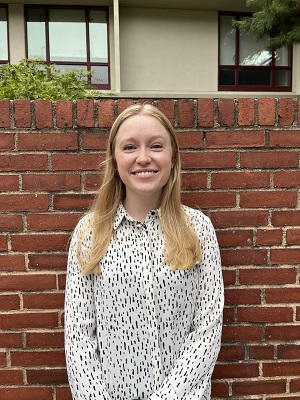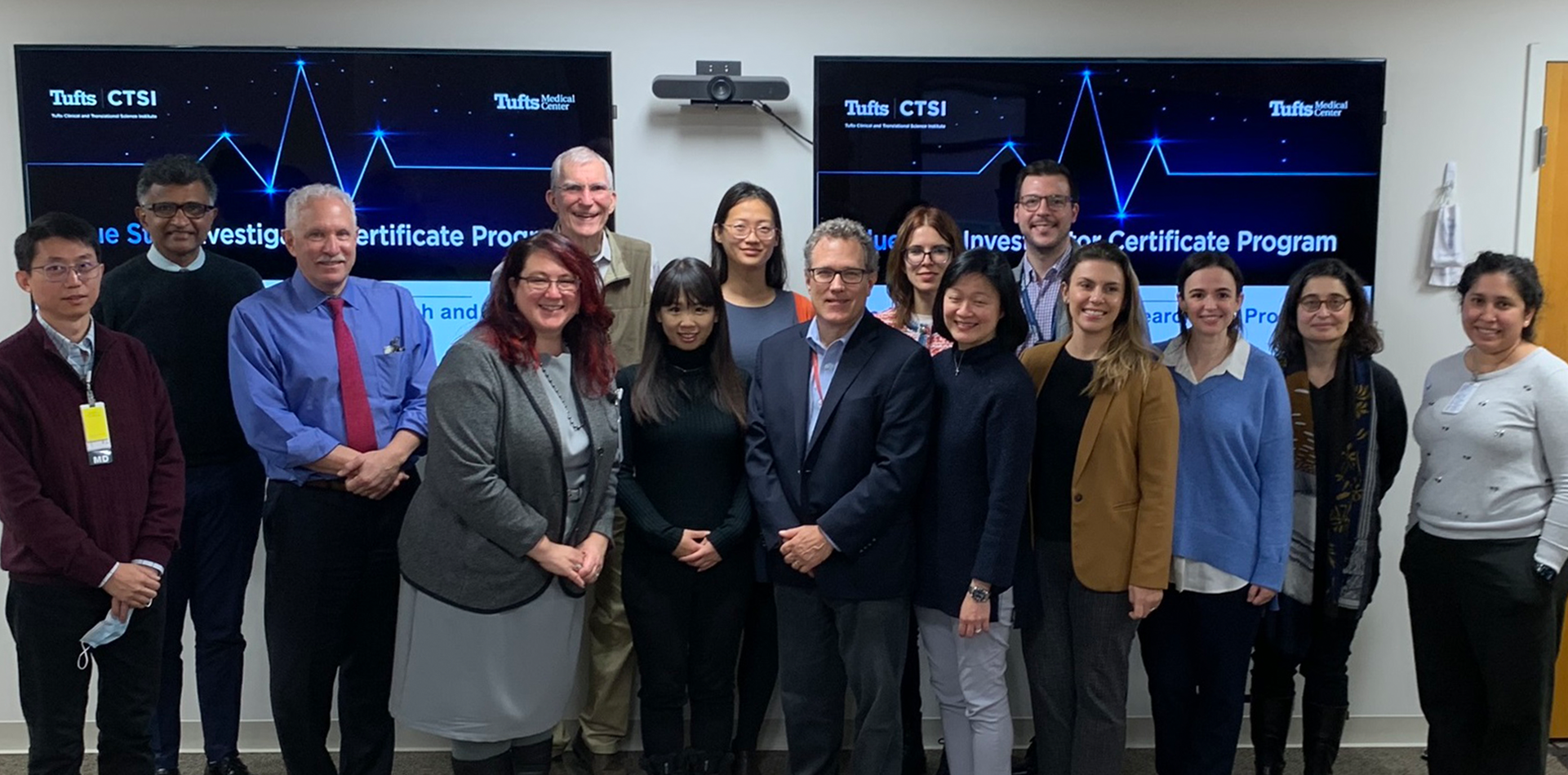FOR IMMEDIATE RELEASE: April 9, 2018
CONTACT: Amy West, 617-636-6025, awest@tuftsmedicalcenter.org
BOSTON – Community leaders, researchers, clinicians, students, and neighborhood residents gathered in Boston’s Chinatown neighborhood on April 6 to talk about stress. The 4th Annual Asian Health Symposium, In Pursuit of Health and Wellness: Addressing the Impact of Stress in Asian Immigrant Communities was presented by Tufts CTSI and local community partner organizations. All are members of Addressing Disparities in Asian Populations through Translational Research (ADAPT).
The goal of the event, held at Boston Chinatown Neighborhood Center’s Pao Arts Center, was to define stressors related to daily living, identify resources and services to mitigate the impact of those stressors, and recognize the value of cross-community dialogue to improve health.
“The conversation about mental health in immigrant communities is about stressors that impact people’s health and wellness,” said Carolyn Rubin, EdD, MA, Director of ADAPT. She and other presenters shared deeply personal stories of survival, resilience, and the resulting post-traumatic stress they carry with them.
Anh Vu Sawyer, Executive Director of the Southeast Asian Coalition, shared her emigration story, and emphasized, “Mental wellness is extremely important. Many of the refugees and immigrants from all over the world do not have adequate support, and that is why we do this work.”
Challenges to serving the community include the stigma associated with depression and other mental illness. Albert Yeung, MD, ScD, Co-Medical Director and Head of the Behavioral Health Department at South Cove Community Health Center and Liao Zhang, Research Associate at Massachusetts General Hospital, said the key is to emphasize wellness rather than illness. “No one wants to say they are depressed,” said Dr. Yeung.
The day included a panel discussion on stressors that impact Asian immigrant communities; a panel on innovative strategies for addressing stress; and group discussions about critical factors that contribute to community mental health and wellness.
Symposium organizers and participants were energized to continue their work. A report and next steps are expected later this year.
#####
About Tufts Clinical and Translational Science Institute (CTSI)
Tufts Clinical and Translational Science Institute (Tufts CTSI), established in 2008, supported by the National Institutes of Health (NIH), is dedicated to stimulating, supporting, and expediting innovative clinical and translational research, with the goal of improving the public’s health. Founded by Tufts University and Tufts Medical Center, it also includes other academic institutions (including all the schools of Tufts University, Brandeis University, Northeastern University; and RAND), the hospitals affiliated with Tufts University School of Medicine, community stakeholders, and various members of the health care industry. Tufts CTSI’s purpose is to accelerate the translation of laboratory and medical research into clinical use, widespread medical practice, and into improved health care delivery and health policy. It connects people to research resources, consultation, and education, and fosters collaboration with scholars of all disciplines and with community members, with the ultimate goal of improving the health of the public. Tufts CTSI is funded by a Clinical and Translational Science Award (CTSA) from the NIH National Center for Advancing Translational Sciences, award number UL1TR001064.



